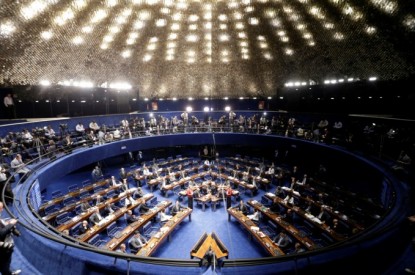Legislation
US – Report assesses proposals to legalise sports betting in Illinois
By Phil - 11 February 2019
A program to legalise sports betting could create 2,500 jobs, increase tax revenue by $100m annually, grow the Illinois economy by over $500m, and reduce illicit black market gambling, according to a new study by the Illinois Economic Policy Institute (ILEPI) and the Project for Middle Class Renewal at the University of Illinois at Urbana-Champaign.
Last year, an Illinois Democratic State Senator and Republican House member each introduced proposals (SB 3432 and HB 5156) that would have made Illinois the 11th US state to legalise and regulate sports betting. During his campaign, newly elected Illinois Governor J. B. Pritzker said that he would consider sports betting alongside other legislative proposals to help address the state’s budget challenges.
In conducting the study, report co-authors Frank Manzo IV and Dr. Robert Bruno utilized industry-standard IMPLAN modeling to evaluate the potential economic and fiscal impacts of both bills introduced in the General Assembly, as well as gaming models currently in place in Nevada, New Jersey and the United Kingdom.
“In evaluating the legal sports betting systems currently proposed or in practice, it is clear that each have strengths as well as flaws,” said study co-author Frank Manzo IV. “This study demonstrates that any legislative proposals related to sports betting must strike a balance that minimises black market activity, while maximising economic benefits and tax revenues to fund public services.”
In particular, the study estimates that both of last year’s Illinois legislative proposals would not effectively curtail black-market sports gaming activity due to relatively high tax rates. Other sports betting frameworks from states like New Jersey and Nevada, if adopted in Illinois, would shrink the black market more and create more jobs – but produce less state tax revenue – than the proposals in the General Assembly.
Manzo and Bruno also evaluate an alternative system that would combines key aspects of the available models — based largely as the system in place in the United Kingdom. Under this framework, all gambling revenues would be charged an effective tax rate of 20% and include a 0.05% “integrity fee” that would be held by the state (as opposed to being transferred to professional sports leagues) to support compliance and regulatory needs. It would charge all gaming establishments and platforms a $100,000 annual licensing fee, bringing total expected state revenue to just under $100 million per year. The study authors predict that such a balanced framework would also create as many as 2,500 new jobs.
While the study’s authors caution that past research on gambling has shown mixed effects, their prospective analysis is grounded in economic data and real-world examples. Under realistic assumptions, the authors find that legalising sports betting would greatly reduce illicit black-market activity in Illinois while generating significantly more revenue for the state than similar types of gambling, such as horse racing.
Should Illinois pursue sports betting legalisation, the study’s authors propose that revenues could be used to fund treatment programs for gambling addiction, as well as additional investments in public education and public infrastructure.
“Dedicating half of all projected tax revenues produced by sports betting to higher education tuition assistance would allow the State of Illinois to increase annual MAP grant funding by more than 10 per cent,” said Project for Middle Class Renewal Director and study co-author Dr. Robert Bruno, as an example. “With billions of dollars already being wagered on sports illegally in Illinois, a well-designed sports betting law could provide additional resources to address a wide range of public needs — such as expanding educational opportunities, rebuilding our state’s capital infrastructure, and combating the social costs of gambling addiction through proper treatment.”




